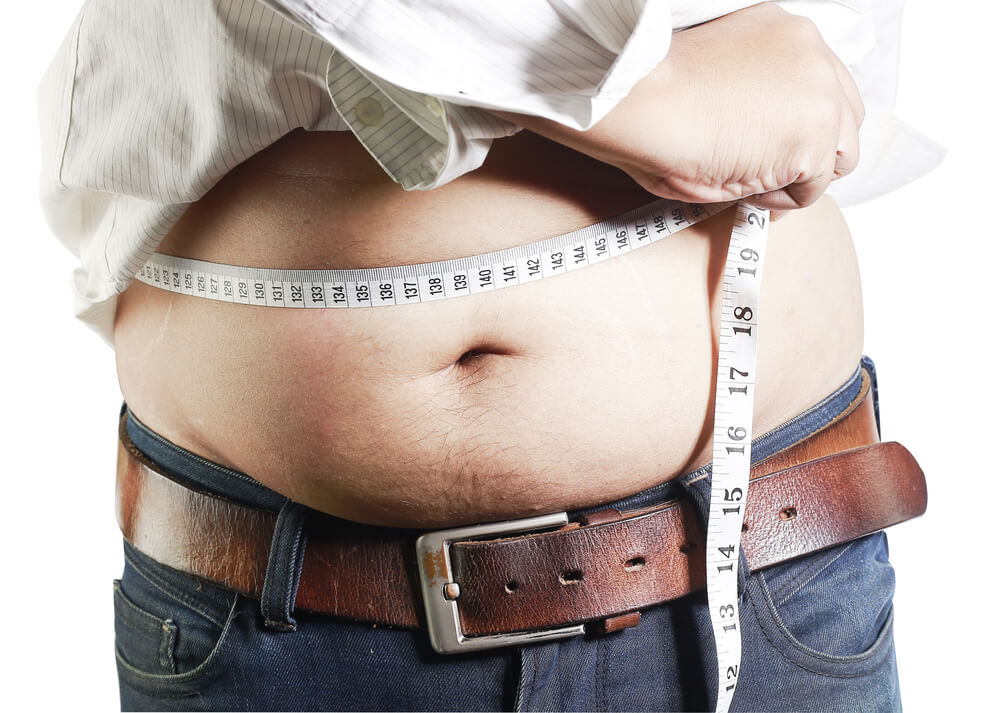Blog
Obesity – A state of starvation
Overeating makes people fat, right? According to an obesity expert in the USA, it’s actually around the other way – being fat causes people to overeat.
In a recently published article, Professor of Nutrition at Harvard, Dr David Ludwig, is quoted as saying:
“It may sound radical, but there’s literally a century of science to support this point… It’s the low-fat, very high carbohydrate diet that we’ve been eating for the last 40 years, which raises levels of the hormone insulin and programs fat cells to go into calorie storage overdrive”
Here are some points from the article:
- Dr Ludwig says that if you think of insulin as the ultimate fat cell fertiliser – the calories become so well stored in the fat cells that our bodies cannot access them to burn for energy.
- This means we always feel hungry, as our bodies cry out for fuel they can use and simply trying to eat less exacerbates the problem without addressing the real issue.
- He says that when we cut back on calories, our body responds by increasing hunger and slowing metabolism.
- Ludwig says that many folks think obesity is a state of excess, but it’s really more like a state of starvation.
- The second part of the problem is predetermined by genetics. In this sense, fat people and thin people aren’t all that different, but it explains why the same diet can have dramatically different outcomes.
- Ludwig says that if you inherited obesity genes from your parents, the biological responses that defend body weight will kick in for you at a higher range compared to someone who didn’t inherit those genes.
We’ll leave it up to Dr Ludwig to have the last word here:
“The quickest way to lower insulin is to cut back on processed carbohydrates and to get the right balance of protein and fat in your diet…A high fat diet is really the fastest way to shift metabolism. It lowers insulin, calms fat cells down and gets people out of the cycle of hunger, craving and overeating.”
Follow the link for the full article.












